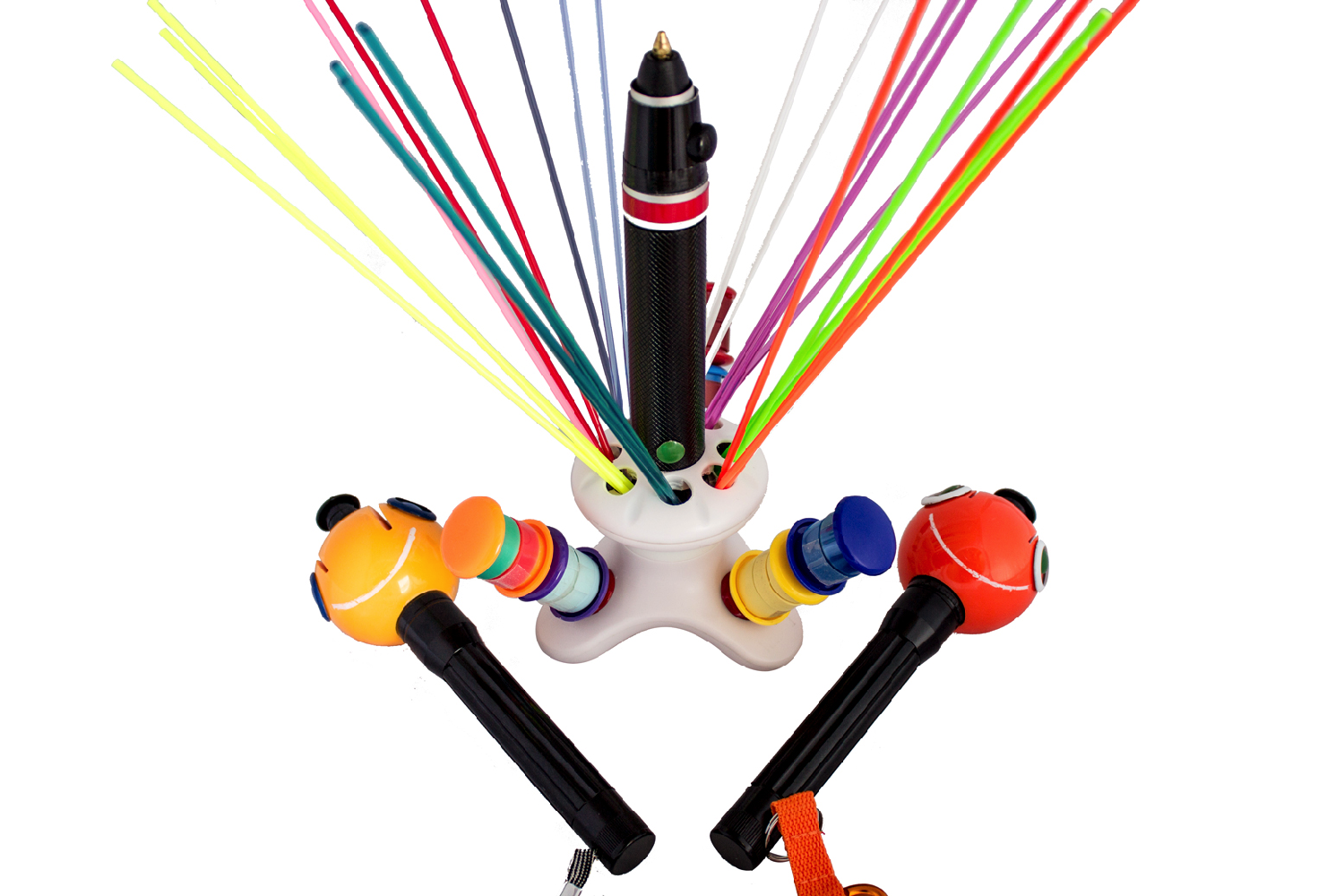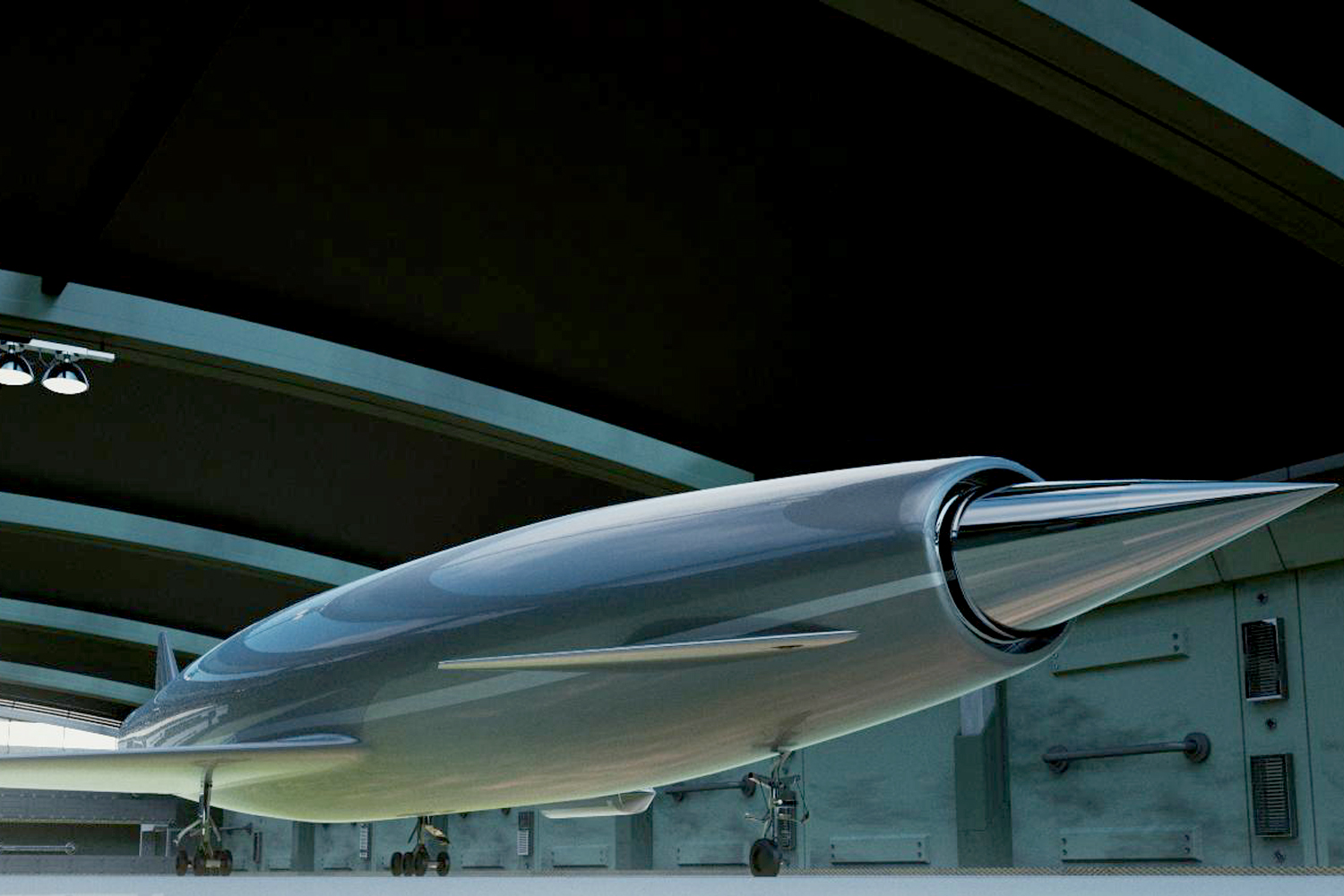What is more exciting than 3D printing, nanotechnology, and drones? The answer, at least according to cutting-edge research at BAE Systems and the University of Glasgow, is a mixture of all three.
Researchers at both institutions are working on a distinctly sci-fi-flavored project aimed at the creation of bespoke military drones, which can be “grown” from molecular building blocks in a matter of days or weeks.
In theory the work would allow drones and other specialized military equipment to be designed, built, and deployed in great speed, and in response to whatever conditions the creations need to deal with.
“The world of military and civil aircraft is constantly evolving and it’s been exciting to work with scientists and engineers outside BAE Systems and to consider how some unique British technologies could tackle the military threats of the future” said Professor Nick Colosimo, a BAE Systems Global Engineering Fellow.
This groundbreaking work builds on a piece of technology called the Chemputer, which is currently being used at the University of Glasgow for what Professor Lee Cronin, who has offered his expertise to the project, calls “digitally controlled chemistry.”
This involves creating tools that will, in the future, help direct the assembly of complex objects in a machine from the bottom up, with the need for minimal human input following the system’s initial configuration.
“What BAE is interested in is being able to 3D print a test tube or framework, to which you can then add chemicals and [have] those chemicals then self-assemble at nano scale to make new kinds of nano-materials,” Professor Cronin told Digital Trends.
Cronin acknowledges that the idea of using chemistry to create drones from the ground up is still something of a pipe dream, although it speaks to an exciting ambition for the future — and will challenge engineers to think differently about how to realize nanotechnology from molecules to materials.
“I’m sure it will be possible to self-assemble complex composites that could be used for aircraft wings,” he says. “The other part is more of a long-term challenge.”
But, hey, what a challenge!







